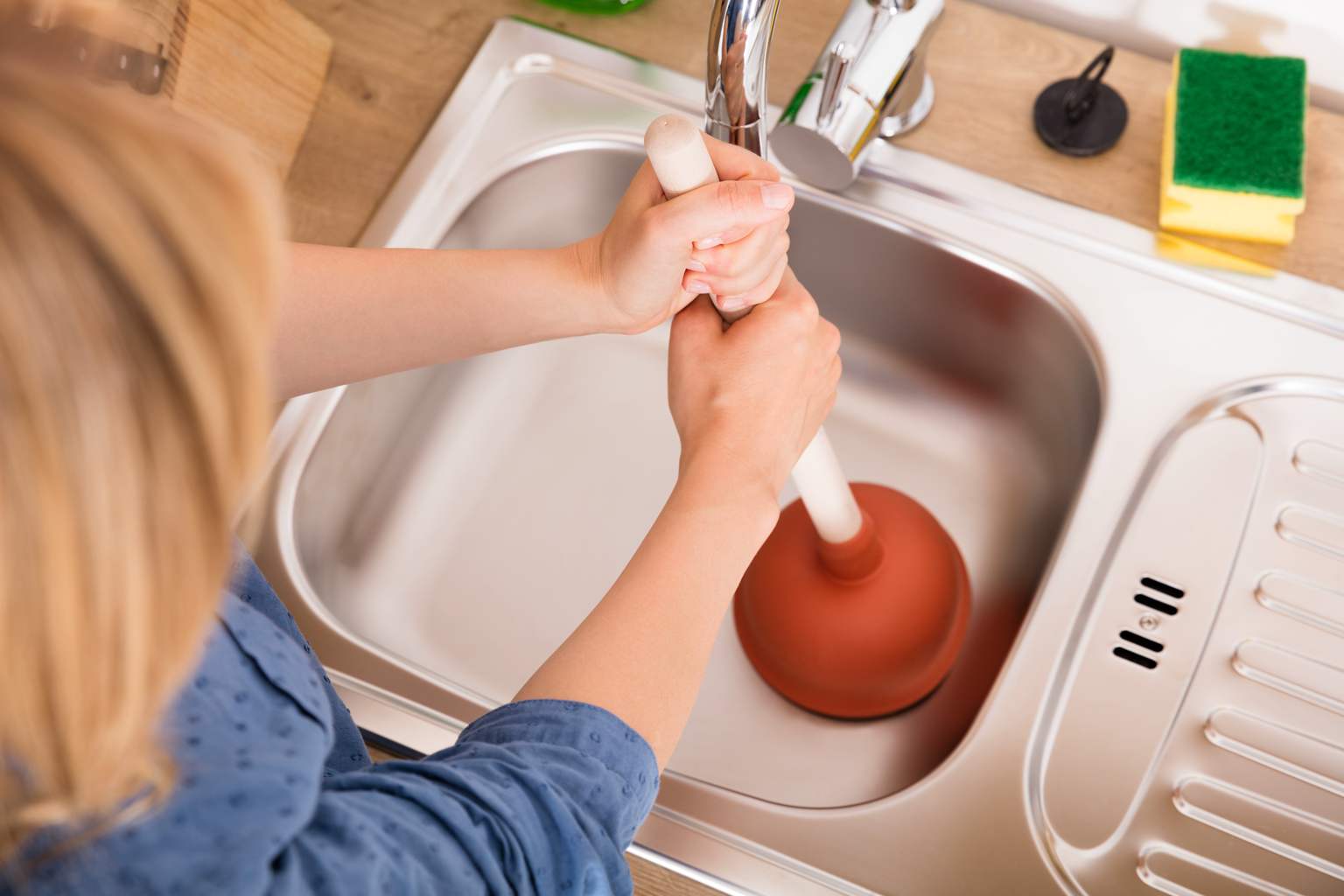If you’ve ever struggled with a slow or clogged sink, you know how frustrating those home remedies can be. But what if I told you there’s a straightforward, effective tool that plumbers use—right at your fingertips—that clears blockages in less than a minute without harsh chemicals?
Say goodbye to the usual vinegar or ammonia treatments. These quick fixes might clear the surface clog, but they rarely tackle deeper, stubborn blockages. Worse, some household remedies can actually weaken your pipes over time, leading to costly repairs.
Why vinegar, baking soda, and other DIY solutions can fall short
Why making eye contact feels so hard and how psychology explains it
While many of us reach for common household ingredients like vinegar or baking soda to unclog drains, it’s important to understand their limitations. These treatments often work only on minor, surface-level buildup. If your drain remains slow after using them, the real blockage likely lies deeper inside the pipes. Plus, ingredients like ammonia, vinegar, or harsh chemical cleaners can corrode or weaken pipe materials over time, especially in older plumbing systems.
I learned this the hard way when a stubborn clog kept returning despite multiple vinegar and baking soda attempts. Only after switching to a plumber’s tool did I finally get relief—and the pipes stayed healthy.
The simple plumber’s tool that can clear any clog
Which sugar is healthiest? Nutritionists compare white, cane, and brown varieties
The best, most durable method to clear your sink drain is to use a flexible metal wire tool, commonly known as a “drain snake” or “hand auger.” This tool usually has a long, coiled wire—about 33 feet—attached to a crank handle. You simply feed the wire into your drain, turn the crank to hook onto the clog, and then pull it out along with the debris.
This method avoids the use of chemicals altogether and can quickly deal with the biggest blockages buried deep in your pipes. The wire’s flexibility means it can snake through bends and corners in your drainpipes, removing hair, grease, and other stubborn buildup efficiently.
Step-by-step guide to using a drain snake safely
1. Put on some sturdy gloves to protect your hands.
2. Extend the wire and gently insert it into the clogged drain opening.
3. Turn the crank slowly to push the wire deeper and hook the clog.
4. Once you feel resistance or water starts draining, slowly pull the tool back out.
5. Dispose of the gunk you’ve collected, then disinfect the wire and let it dry before storing.
Neither a bob nor layers: the haircut that makes women over 50 look younger and more stylish
Be careful not to force the wire aggressively, as sudden movements could damage your pipes. Following these steps carefully ensures a fast, safe unclogging process.
Extra tips to keep your drains clear and healthy
Prevention is key. Avoid pouring grease, cooking oil, or food scraps down your sink. Installing a simple drain filter can catch debris before it enters your pipes. Regular maintenance like cleaning your sink’s trap (siphon) and pouring boiling water down the drain weekly can help dissolve grease buildup.
For a natural yet effective maintenance method, you might want to try this: pour about 4 to 6 tablespoons of coarse salt into the drain, add boiling water, then wait 10 to 15 minutes. Follow that with a half cup of vinegar, let it sit for a few hours, and finish by rinsing with hot water. This mixture helps dissolve grease and neutralize odors without harming your plumbing.
More than just a kitchen fix: multi-purpose drain maintenance
The flexibility of the drain snake makes it valuable beyond the kitchen sink. It works wonders in bathroom drains, showers, and tubs, where hair and soap scum often cause clogs. Once you’ve cleaned it, keep the tool dry and stored safe for future use.
I’ve found this tool invaluable. Just recently, when my shower was draining slowly, this simple wire saved me a costly plumber visit. Coupled with regular cleaning, simple habits like rinsing your sink with hot water after use can dramatically reduce buildup.
Is the watery layer on your yogurt really good for your health? A dietitian answers
Have you tried this trick before? What are your favorite tips for keeping drains flowing freely? Share your thoughts and experiences below. If you found this helpful, don’t hesitate to pass it along to friends and family—it could save them time, money, and a big headache!
